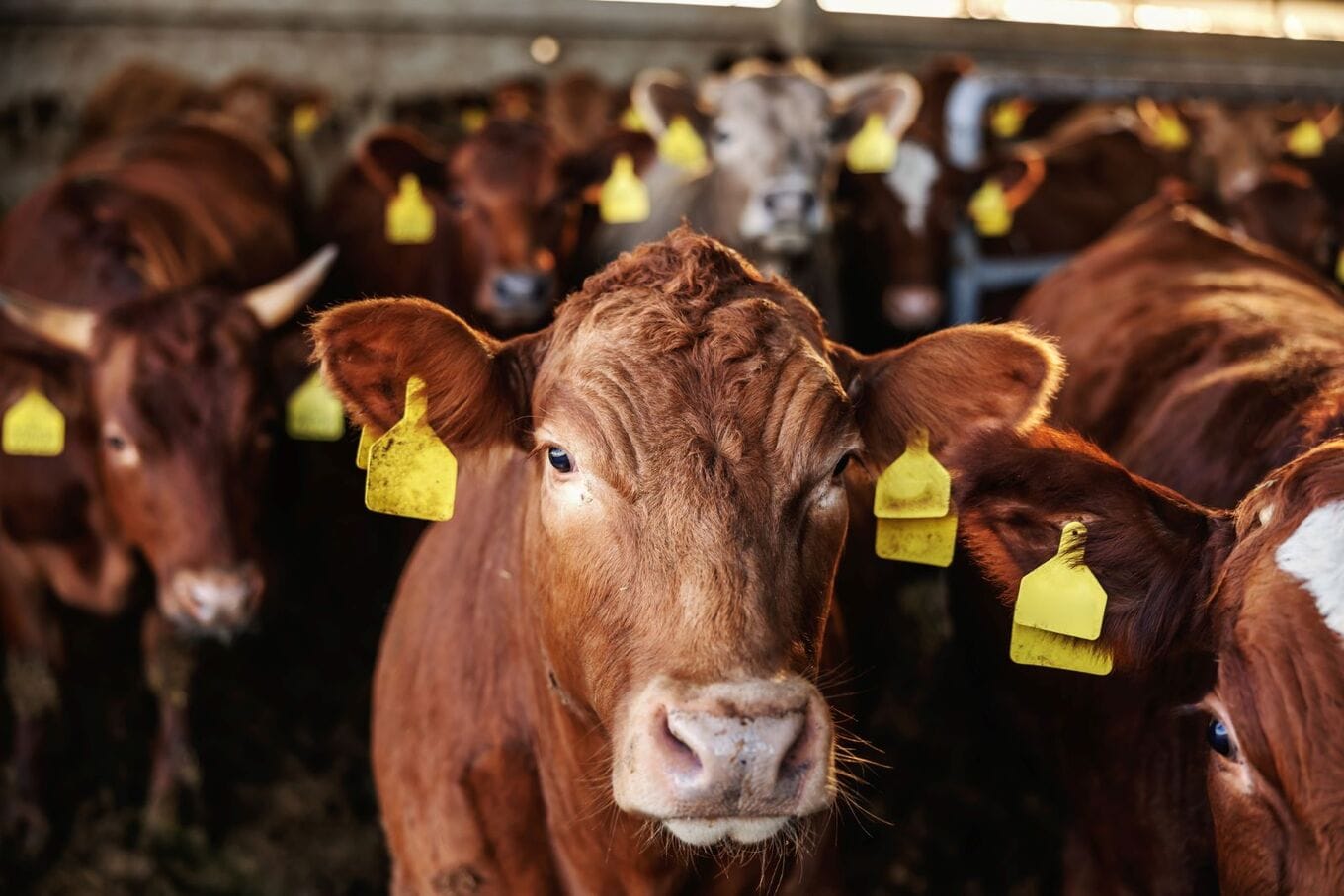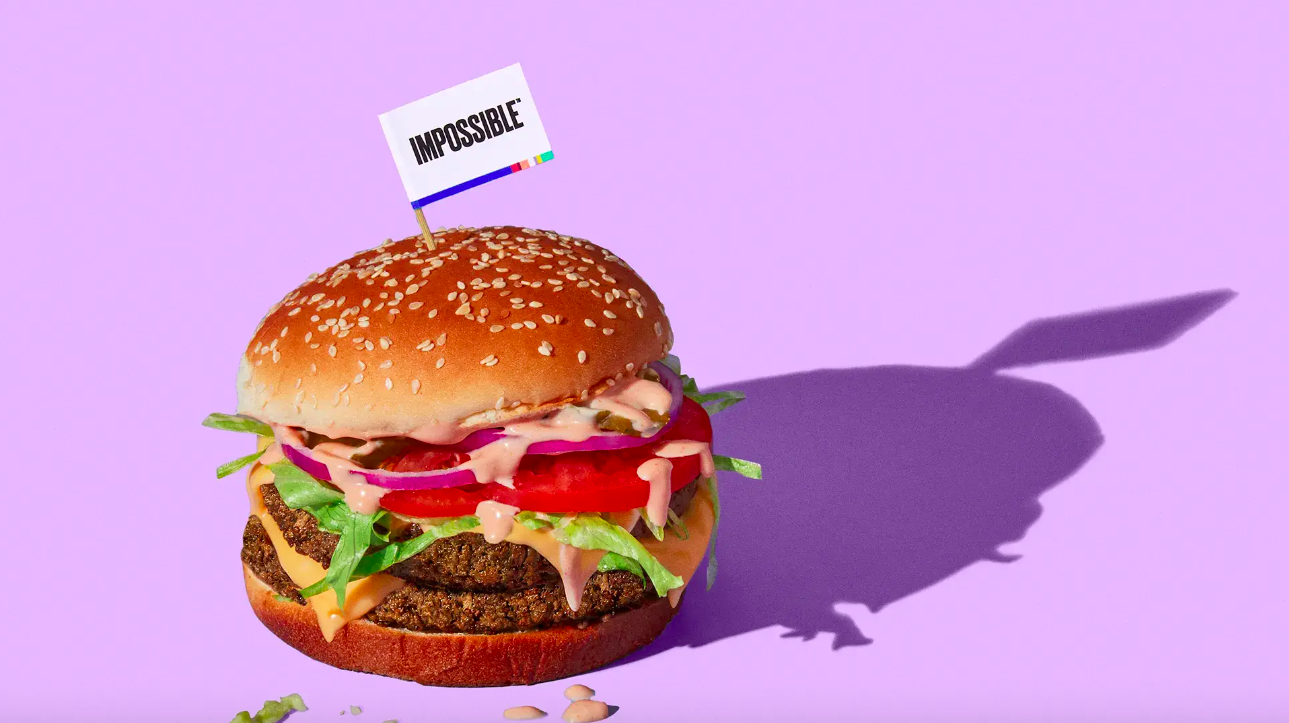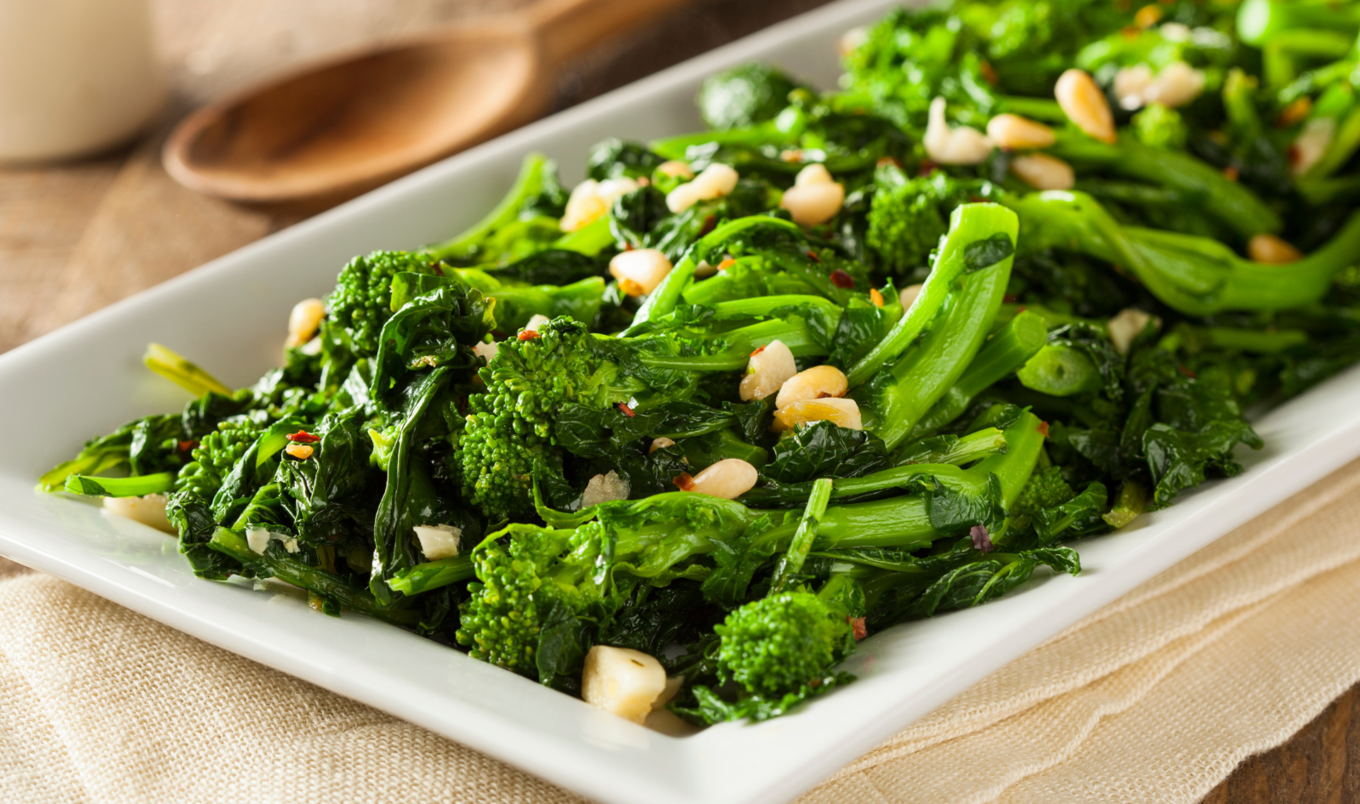A recent media analysis has uncovered a significant discrepancy between major media outlets’ public commitments to climate-responsible reporting and the content of their recipe sections.
Conducted by the Better Food Foundation (BFF) with support from Sentient Media, the analysis found that approximately 63 percent (five out of eight) of the recipe sections in mainstream media outlets in the United States and United Kingdom predominantly feature meat-based dishes, which are well-known contributors to environmental degradation.
Eduardo Roda Lopes/.Unsplash
Laura Lee Cascada, BFF’s Senior Director of Campaigns, emphasized the role of media in shaping public discourse and pointed out the need for these organizations to take a comprehensive approach to climate reporting.
“Mainstream media is a huge contributor to social norms,” Cascada tells VegNews. “If they take their responsibility to climate reporting seriously, they also need to look at the recommendations they are dishing out to their readers through their recipe sections.”
Table of Contents
A proven strategy for a plant-based shift
The Associated Press, The New York Times, The Washington Post, Yahoo News, BBC, The Guardian, The Independent, and ITV were all analyzed as part of the report.
The study found that only three out of the eight media outlets—Yahoo News, The Washington Post, and The Guardian—featured meat in less than half of their recipes.
Furthermore, while a few outlets, like The Guardian and The Washington Post, have shown a willingness to curate more climate-friendly recipes, the majority remain non-committal.
Currently, the recipe sections of major outlets in the US and UK are composed of only 16.4 and 11.6 percent fully plant-based recipes, respectively. Cascada presented a series of recommendations under a strategy designed by BFF known as DefaultVeg to help reconcile the noted disparity.
 Geraud Pfeiffer/Pexels
Geraud Pfeiffer/Pexels
DefaultVeg has been effective in helping college and corporate cafeterias (and the people who dine there) embrace plant-based options through an approach that, as its name suggests, presents these options as the normalized default.
One success story has been at the LinkedIn office in San Francisco, where the DefaultVeg pilot program helped its corporate cafeteria transition to 65 percent plant-based options, a move forward for slashing both LinkedIn’s carbon footprint and that of its foodservice provider Sodexo.
Cascada believes this approach can also work for media outlets, which she advises to maintain a ratio of at least 2-to-1 for plant-based versus animal-based recipes.
“For every omnivorous entrée, there should be two vegan recipes, or at the very least one vegetarian and one vegan,” Cascada explains.
She also recommends that plant-based options should be presented first by default within search results and each collection of recipes. This could act as a simple behavioral nudge towards more climate-friendly options.
What would this look like? Cascada suggests that outlets could emphasize plant-based grillables for summer barbecue features or highlight roasted squash and vegan mashed potatoes for Thanksgiving.
To provide clarity to the readers, Cascada recommends adding a climate score to each recipe based on the emissions intensity of its ingredients.
 Tim Douglas/Pexels
Tim Douglas/Pexels
“This shift will not only help mainstream media better align with their own climate reporting values but also normalize climate-friendly eating because of the enormous impact media has on popular culture and behavior,” Cascada says.
More sustainable journalism
Two years ago, Condé Nast-owned recipe site Epicurious made a landmark decision to exclude beef from its recipes, articles, and newsletters in a move described as “not anti-beef but rather pro-planet.”
Epicurious Senior Editor Maggie Hoffman and former Digital Director David Tamarkin explained that while recipes and articles about beef published in 2019 would remain on the site, the publication would not create new content that featured beef.
 Piero Istrice/Unsplash
Piero Istrice/Unsplash
However, the BFF report found that not many publications have followed suit. And even Epicurious’ execution has been inconsistent. According to the report, Epicurious published a beef-containing lasagna recipe less than two weeks after its 2021 announcement. Its sister site, Condé Nast-owned Bon Appétit, continues to publish beef recipes, as well.
While the majority of media outlets have yet to align their recipe sections with their climate commitments, a minority are beginning to acknowledge the need for change.
Cascada points out that there is “evidence of willingness from the media to address this issue,” but these are isolated examples and do not signify a broader industry shift.
Trust implications: Gen Z’s growing skepticism
The misalignment between climate reporting and recipe sections could have significant implications for public trust in media outlets.
 Getty
Getty
According to a separate report, published in June by Faunalytics and Sentient Media, most media outlets also fail to connect the dots between animal agriculture and the climate crisis. In an analysis of 1,000 articles, only 7 percent mentioned the impact of animal agriculture on the environment, while six times as many mentioned transportation.
“Given that animal agriculture’s emissions rival those of the transportation sector, the media’s heavy emphasis on EVs and petrol has obscured the outsized role our food system plays in the climate,” Cascada says.
As the climate crisis rages on, modern-day ethical journalism involves not only robust, science-based articles but also recipe sections that encourage and normalize sustainable eating habits. Failure to make these changes could erode public trust, Cascada warns.
“As Gen Z becomes more aware of the link between animal agriculture and climate change, they will become less trusting of media outlets that ignore this critical issue,” she says.







.jpg?sha=1491c255b49d3e03)